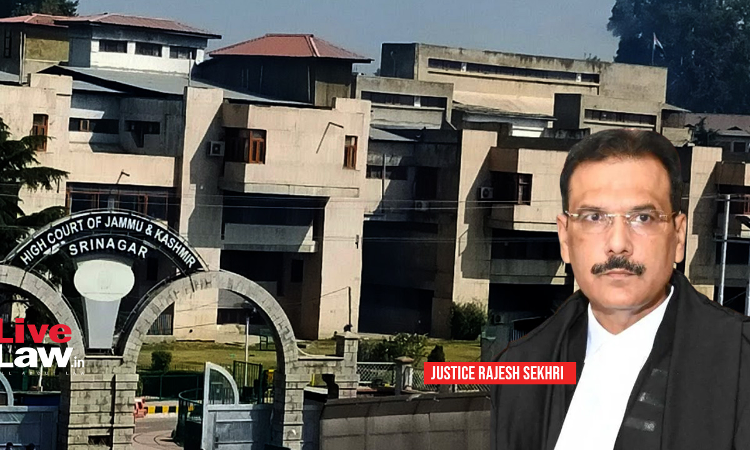The Jammu and Kashmir and Ladakh High Court has said that while the Code of Civil Procedure (CPC) does not explicitly provide for police assistance in enforcing temporary injunctions, Section 151 of the Code allows the Civil Court to exercise inherent powers to ensure justice and prevent abuse of the court's process.This provision grants the court the authority to direct the police to...

